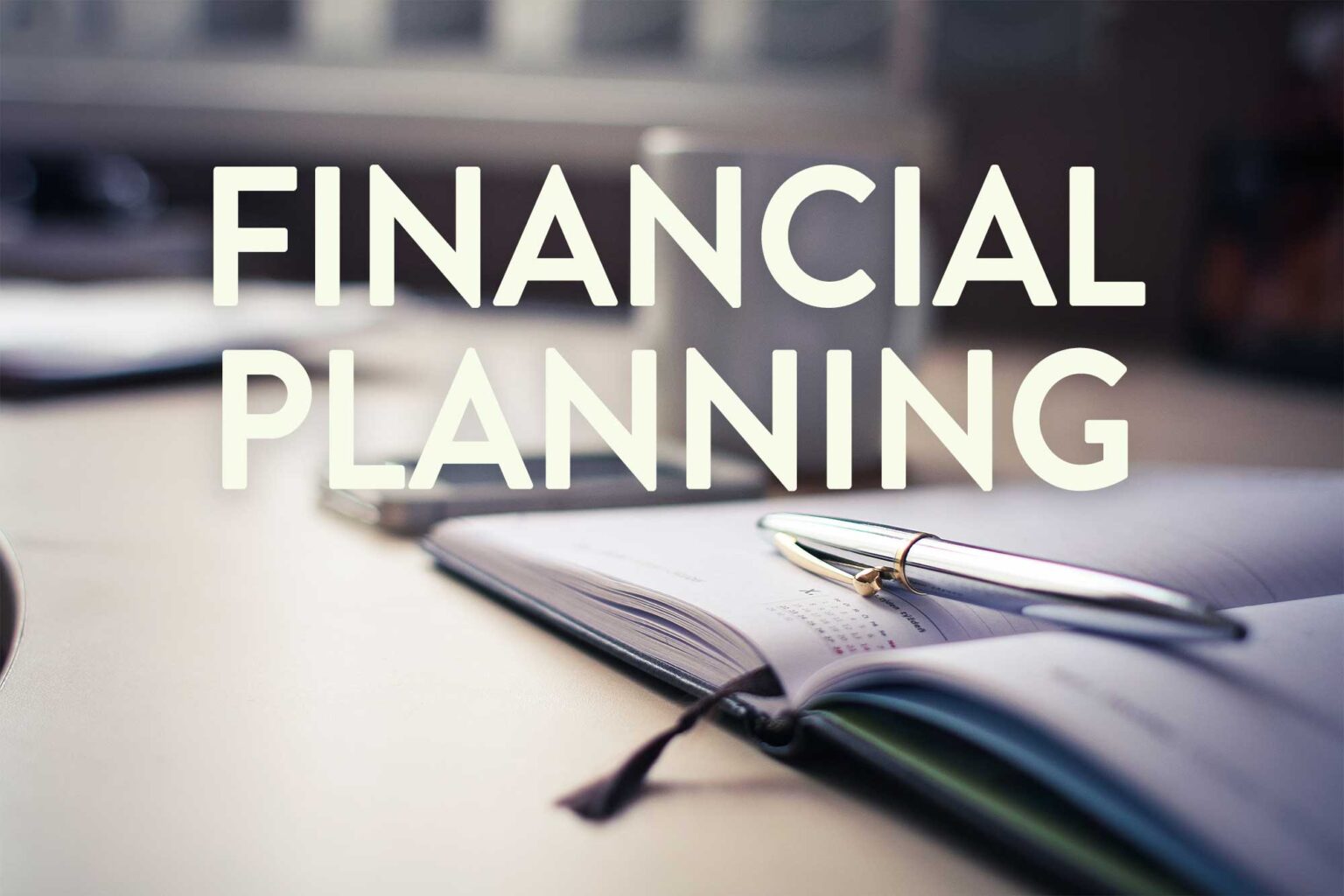Thinking about borrowing against your home? Whether you’re considering a home equity loan or refinancing, leveraging the equity in your property is a significant financial decision. While this approach can be an effective way to access funds for large expenses, proper financial planning is crucial to avoid pitfalls.
This article explores why financial planning matters when borrowing against your home and highlights considerations to keep you on the right track. By the end, you’ll have a clearer understanding of how to make smarter financial choices when leveraging your home’s equity.
What Does Borrowing Against Your Home Mean?
Borrowing against your home typically involves taking out a loan using your property’s equity as collateral. This form of borrowing is common for large expenses like home improvements, debt consolidation, or investing in other ventures. Commonly used loan types include home equity loans, a home equity line of credit (HELOC), or mortgage refinancing.
While borrowing against your property may seem straightforward, these loans come with risks, including repayment obligations and potential foreclosure. This is why financial planning is not just a recommended step, but an essential one.
Why Financial Planning is Crucial
1. Understand Your Financial Position
Before borrowing, it’s vital to understand your current financial health. Assess your earnings, expenses, and outstanding debt obligations. This will help you determine if you can afford additional debt.
Carefully evaluate your income stability and consider future changes, such as job transitions or economic fluctuations. Being realistic about your financial position will reduce the risk of overborrowing or defaulting on repayments.
2. Avoid Overleveraging Your Home
A common pitfall for borrowers is overleveraging. While the equity in your home gives you financial freedom, borrowing excessively can put your property at risk. If property values decline or you face an unexpected financial crisis, the consequences could be severe.
Financial planning ensures you borrow only what is necessary and manageable within your current financial limits.
3. Account for Interest Rates and Loan Terms
The terms of your loan, especially interest rates, will impact your financial commitment. For instance, a variable-rate HELOC might seem attractive at first, but the interest rate could increase over time, raising your monthly payments.
Using tools like a HELOC interest only calculator can help you project how loan terms and interest rate changes will affect your budget over time.
4. Forecast Repayment Scenarios
Many loans come with long repayment terms, sometimes stretching decades. Have you considered how this aligns with your long-term financial goals?
What happens if an unexpected event like a medical emergency arises? Will you still be able to make repayments comfortably? Financial planning requires imagining these “what if” scenarios and building a safety net.
Key Considerations Before Borrowing Against Your Home
Equity and Loan-to-Value Ratio (LTV)
Understand how much equity you have in your home, as this will determine how much you can borrow. Most lenders limit loans to around 80%-90% of the home’s value to provide a cushion against market fluctuations.
Check your home’s value regularly and ensure you maintain adequate equity, even after borrowing.
Purpose of the Loan
Define exactly why you’re borrowing. Are you planning a home renovation? Paying for higher education? Consolidating debt?
The purpose of your loan should have a clear financial return or benefit. Borrowing for unnecessary expenses, like luxury goods, often leads to regret and financial strain.
Tax Implications
Borrowing against your home may come with tax benefits, such as deducting interest on a HELOC if the funds are used for home improvement. However, laws vary, and not all uses will qualify for deductions. Speak with a tax advisor to understand any potential tax implications before taking on a loan.
Credit Score Requirements
Your credit score is a critical factor for determining loan approval and the interest rates you’ll receive. A higher credit score will lead to more favorable terms, while a lower score could result in higher costs.
Take the time to improve your credit score before applying for a loan. Paying off outstanding debts, reducing credit utilization, and correcting errors on your credit report are some ways to boost your score.
The Pros and Cons of Borrowing Against Your Home
Pros
- Access to Capital: Your home’s equity provides a relatively low-cost means of accessing significant funds.
- Lower Interest Rates: Secured loans, such as those backed by home equity, often offer lower interest rates than unsecured options like personal loans or credit cards.
- Flexible Use: Funds can be applied to various purposes, including debt consolidation, education, or home improvements.
Cons
- Risk of Foreclosure: If you default on the loan, lenders may have the right to seize your property.
- Fees and Costs: Borrowing against your home often comes with fees for appraisals, closing costs, and more.
- Reduces Future Equity: Borrowing significantly depletes your home equity, leaving less for future financial needs or retirement.
Financial Tools to Help You Plan
- Budgeting Software: Tools like Mint or YNAB help you track your budget and assess if loan repayments are feasible.
- Loan Calculators: Look up tools like a HELOC interest only calculator to estimate interest payments and assess affordability.
- Financial Advisors: A licensed financial advisor can provide personalized advice tailored to your goals.
By using these resources, you’ll be better equipped to make informed borrowing decisions.
Building a Safer Financial Future
Borrowing against your home is a powerful financial strategy—but it’s one that comes with significant responsibility. Proper planning ensures you fully understand the risks and manage repayment under a variety of scenarios.
With the right tools and preparation, borrowing against your home can unlock new opportunities, from funding home renovations to achieving long-term financial goals. Remember, being well-informed is your best asset for making smarter financial choices.
Want more insights? Keep visiting Lotology for the latest updates and information!

